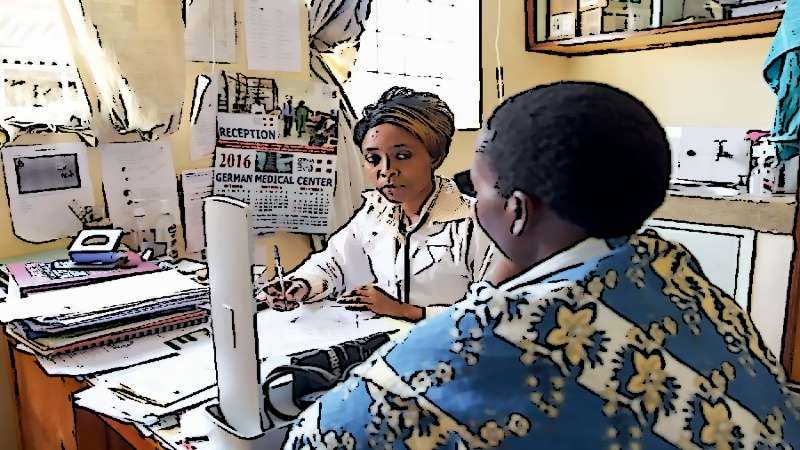New Non-Autoimmune Diabetes Discovered in African Youths
Health 6 days ago
A groundbreaking study has uncovered a novel non-autoimmune form of diabetes in sub-Saharan African youths. Unlike classical type 1 diabetes, where the immune system attacks insulin-producing cells, 65% of diagnosed African participants showed no autoantibodies or genetic risks. This suggests a unique subtype of diabetes, potentially linked to environmental or genetic factors specific to the region.
The research, conducted across Uganda, Cameroon, and South Africa, compared data from 894 Black African youths with over 3,000 U.S. participants. While only 15% of Black Americans and 9% of white Americans had autoantibody-negative diabetes, the African group’s lower genetic risk score hints at a distinct biological mechanism. Experts speculate chronic infections, malnutrition, or undiscovered autoantibodies could play a role.
The discovery highlights the need for tailored diabetes care in sub-Saharan Africa. While insulin remains the primary treatment, identifying the root cause of this new subtype could lead to more effective therapies. Further research is crucial to address health disparities and improve outcomes for affected youths.
 Português
Português English
English Français
Français Deutsch
Deutsch Nederlands
Nederlands 日本語
日本語 Español
Español









